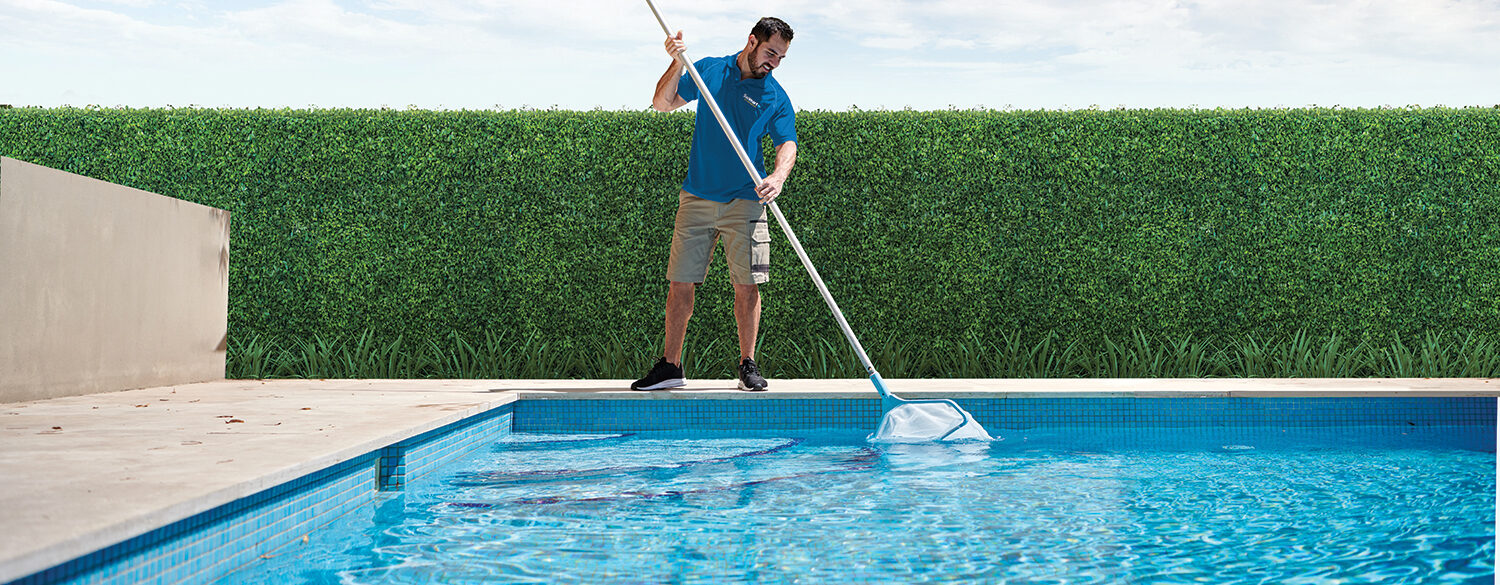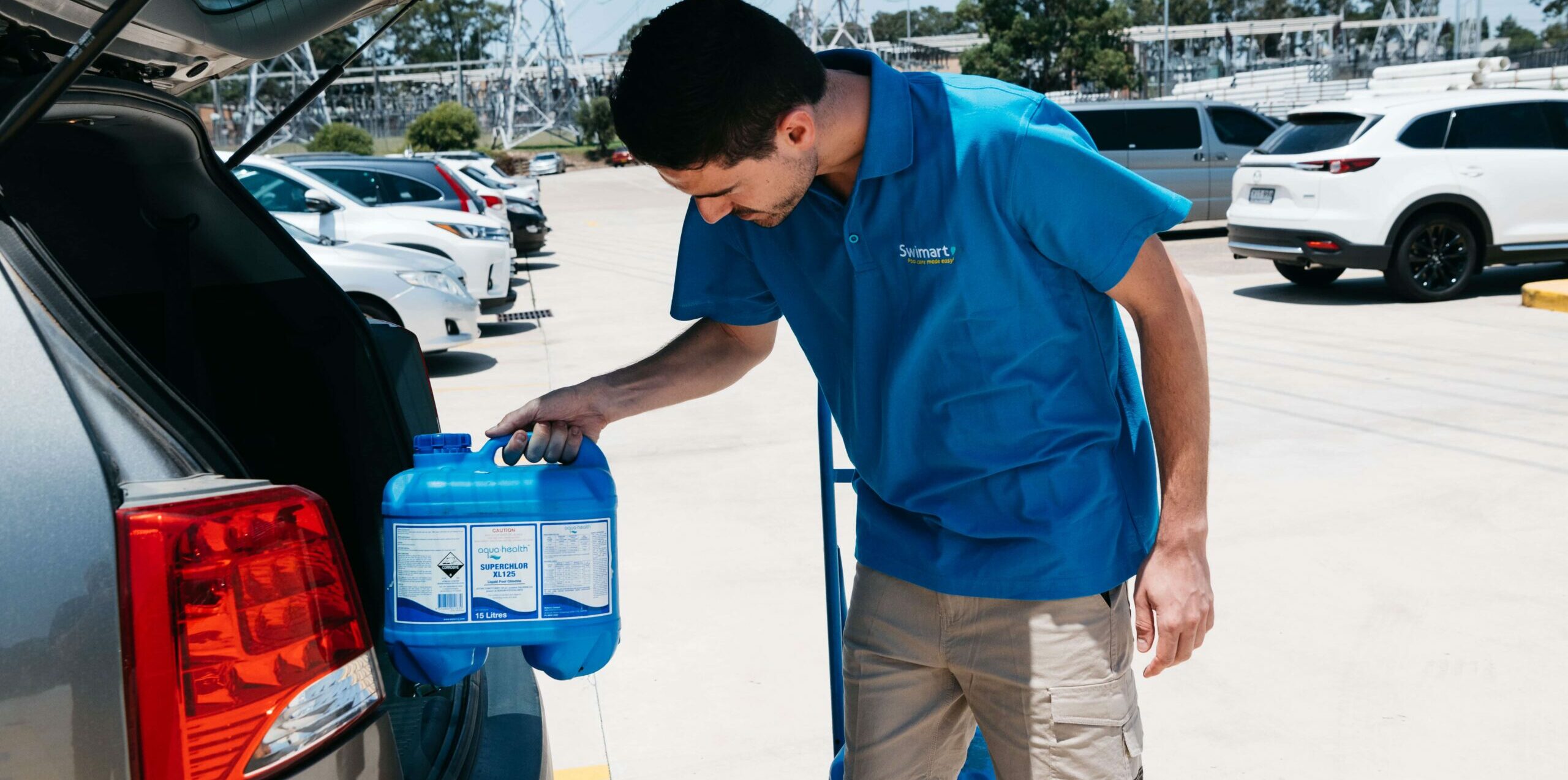Product Info
Pool heating
11 April 2012
Enjoy your pool and spa beyond summer Although autumn is here and winter just a couple of months away, it’s still possible to enjoy your pool and spa beyond the summer months with the addition of pool heating. “Most pool water naturally hovers around 18 to 20 degrees Celsius, but most people prefer the water […]
Enjoy your pool and spa beyond summer
Although autumn is here and winter just a couple of months away, it's still possible to enjoy your pool and spa beyond the summer months with the addition of pool heating.
"Most pool water naturally hovers around 18 to 20 degrees Celsius, but most people prefer the water a bit warmer, around 25 to 26 degrees. Pool heating extends the swimming season, thus increasing your return on a fairly sizeable investment in your pool," says Chris Fitzmaurice, Swimart's national manager.
"There are three main heating options to choose from – gas, heat pumps and solar, enabling you to select the best one for your budget, location and lifestyle."
Gas
Gas heaters are the fastest method for heating your pool, providing a comfortable temperature for swimming on demand. Gas is best for heating pools or spas for short periods of time and can easily maintain any desired temperature regardless of the weather.
Selecting the right size gas heater depends on three key factors: the amount of water to be heated; how long you are prepared to wait for your pool to heat up; and your preferred swimming temperature. Plus many offer dual controls which are ideal for spas which are heated to higher temperatures than pools.
 Heat pumps
Heat pumps
Reliable, highly efficient and economical to run, heat pumps extract heat from the air (similar to a reverse cycle air conditioner) and use that heat to produce hot water.
Compared to gas and electric, heat pumps use just a fraction of the energy to generate the same amount of heat. Although initially heat pumps take longer than gas heaters to warm up the pool or spa water, they are much more economical and will then maintain the heating as well as gas heaters.
"You can save up to 80% over LPG and 50% over natural gas," says Chris. "The best thing about heat pump pool heaters is that they operate regardless of the weather. They are the most economical way to extend your swimming season and can keep your pool or spa comfortable enough to swim in all year round."
One of the most advanced heat pumps on the market is the Waterco Electroheat Subzero heat pump which will heat your pool even when the ambient air temperature is down close to zero degrees Celsius. It's very quiet to run and is manufactured to withstand the toughest weather conditions.
 Solar heating
Solar heating
According to recent Swimart research, 60 per cent of people don't have pool heating. However of those who do have heating, 34 per cent use a solar solution.
Undeniably the most environmentally friendly option of all, solar heating captures the sun's rays via a series of tubes, known as the collector – which is usually mounted on the (preferably north facing) roof of your house. Solar systems are a low cost method to heat up your pool and have virtually no operating costs, just the cost of electricity to pump the pool water through the solar absorber on the roof.
The amount of heat absorbed and the subsequent increase in temperature depends on three key criteria: the size or area for the collector and the number of tubes per square metre; the location of the collector; and the quality of the collector system. Ultimately, the biggest influence is the exposure to the sun.
Whichever heating option you choose, there's ample choice to enjoy the pleasure of swimming comfortably for most of the year. For information on the different solutions available, simply contact your local Swimart store or call Swimart on 1300 991 104.


 AUS
AUS NZ
NZ 



 Heat pumps
Heat pumps Solar heating
Solar heating